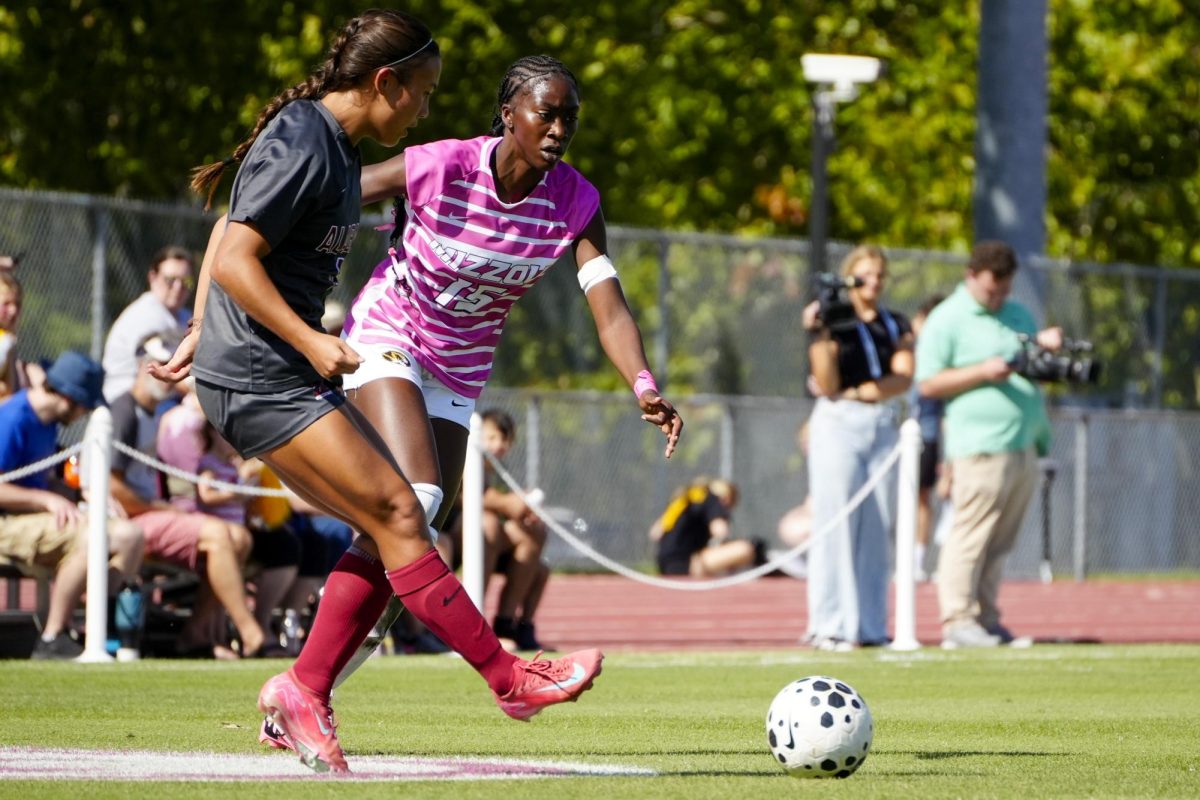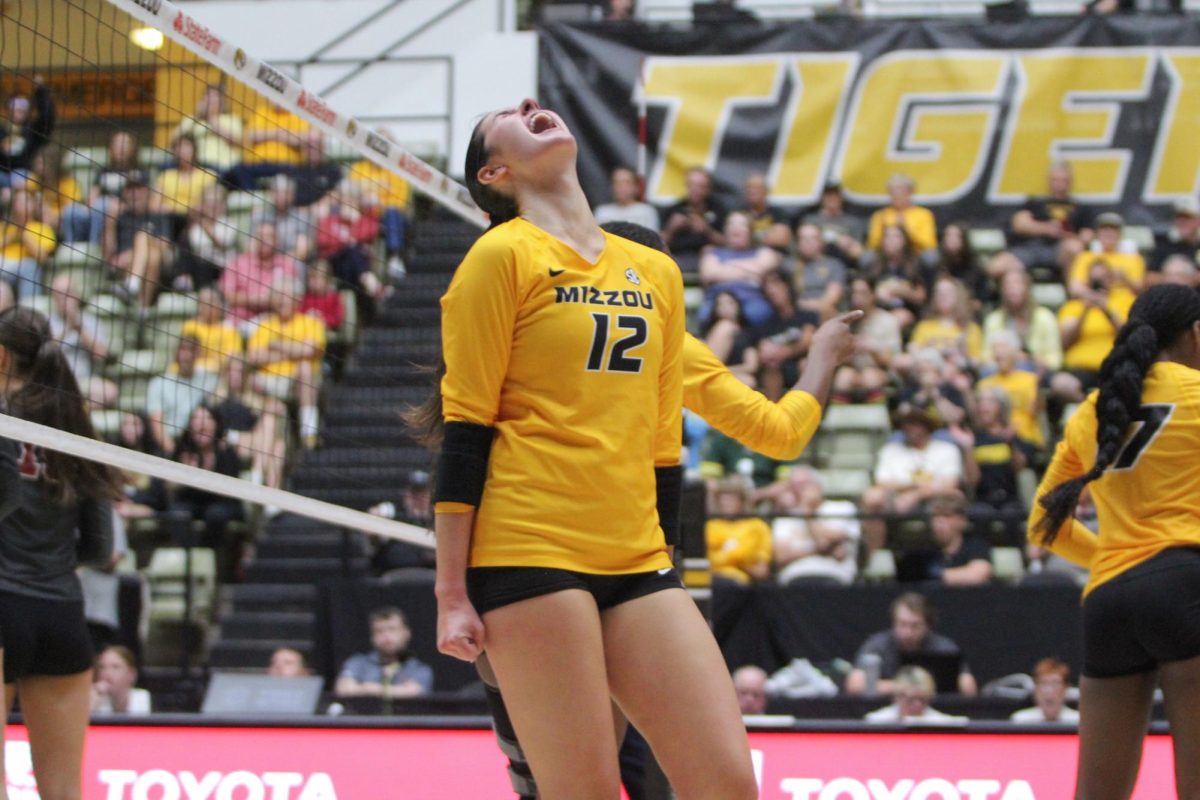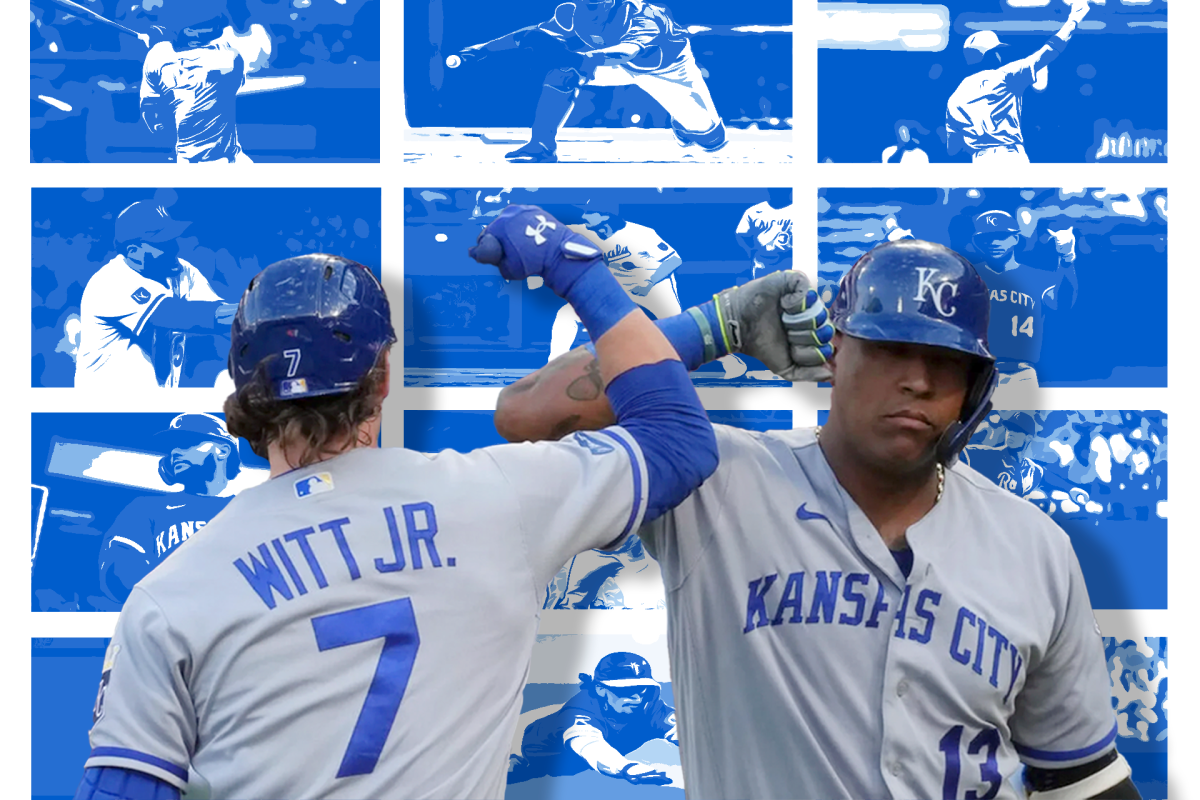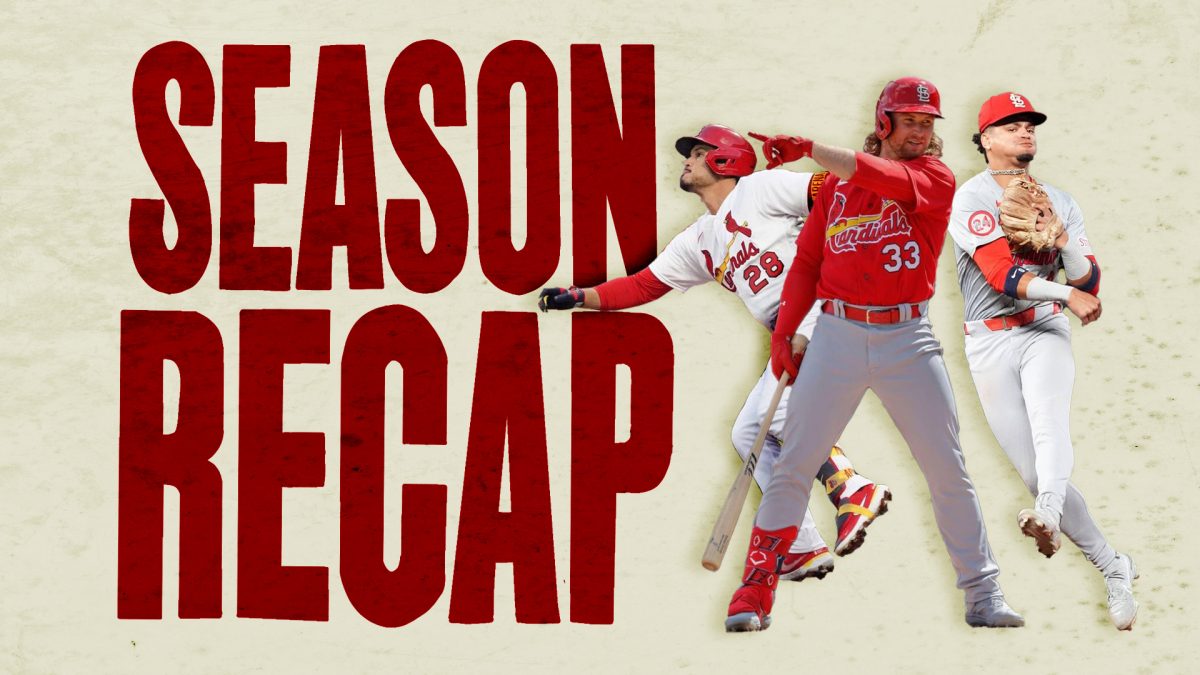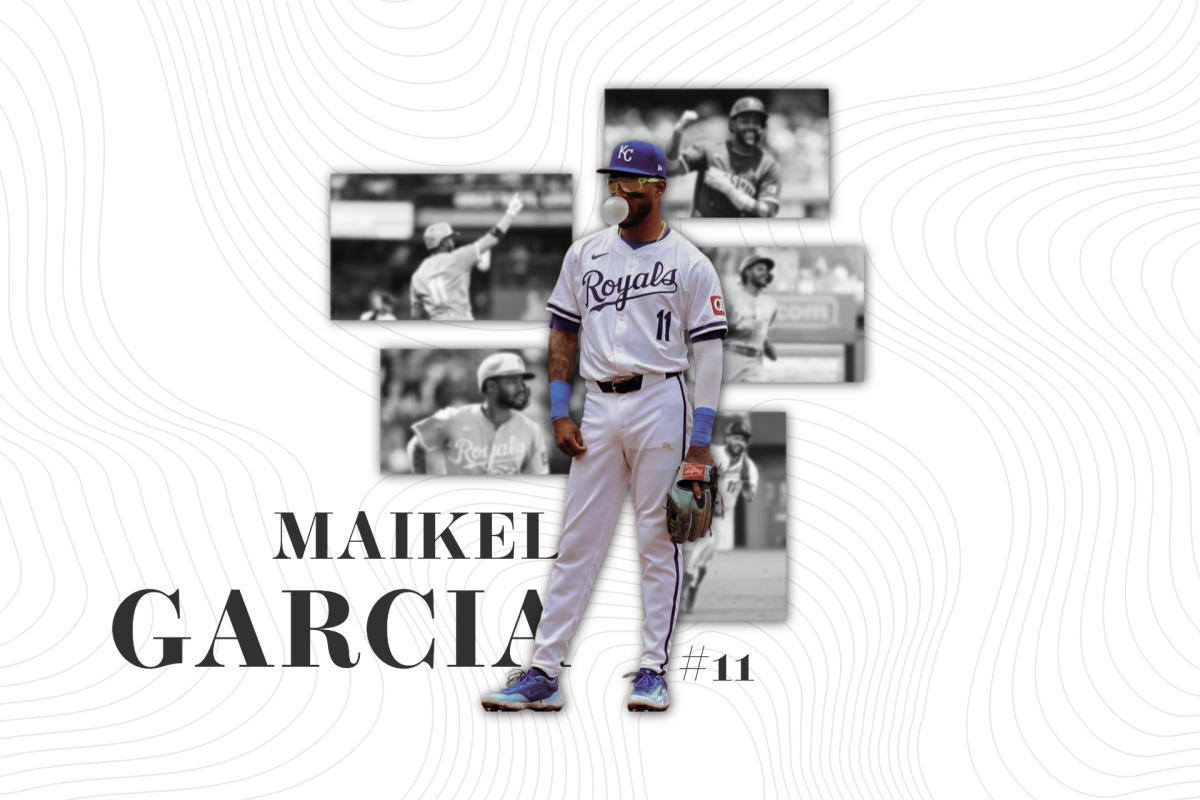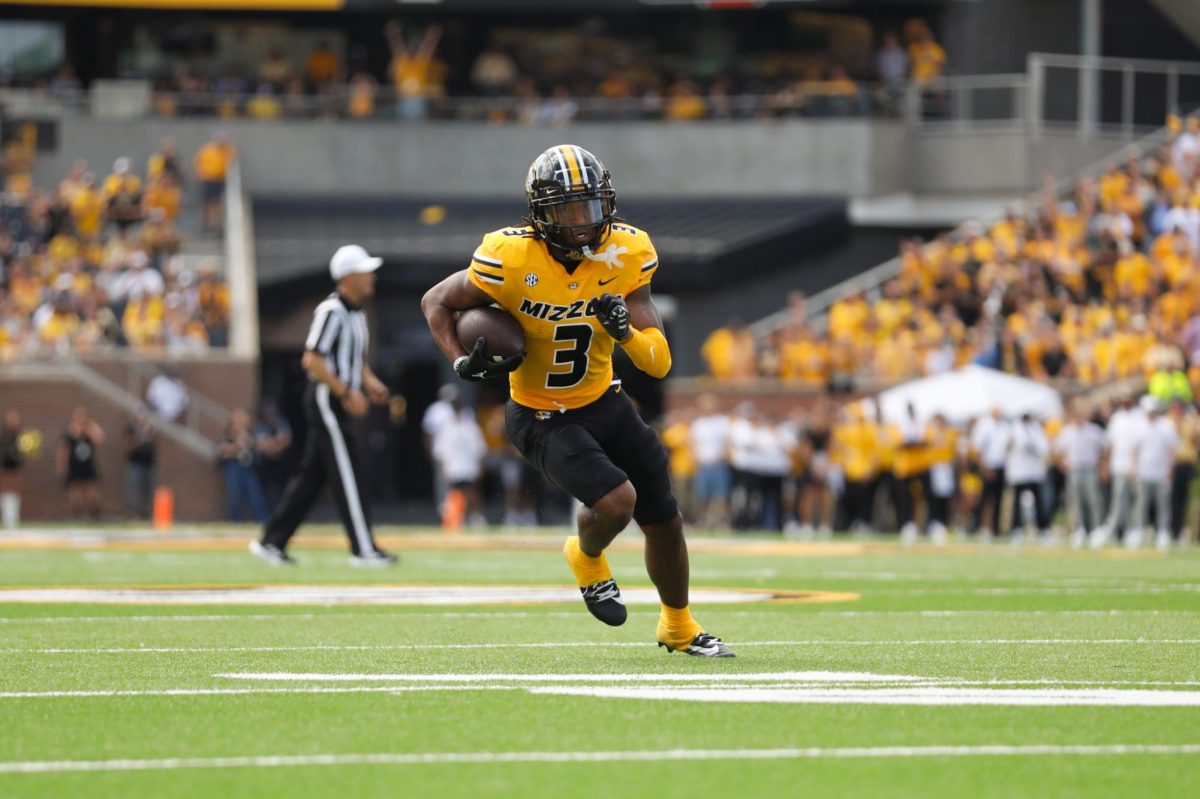The writer Hunter S. Thompson titled his suicide note “Football Season is Over.” The wake of the season’s last game left a convenient excuse to end his time on Earth. I’m not going to debate the legitimacy of Thompson’s decision – it’s an extreme case that features an extreme subject – but I’d probably come closest to understanding it the Sunday after the Super Bowl.
If Thompson’s choice seems ridiculous, go outside and look around. Low-hanging gray clouds blanket a formerly limitless blue sky for days at a time. Assorted rainbows of plants and carpets of vibrant green grass have morphed into a vast brown nothingness. Night comes too early, and the icy, cutting wind comes too often.
With winter, the environment becomes bleak, and as the calendar turns to February, so does the sports calendar. The tournament to crown the champion of America’s most popular sport ends, with nothing nearly as important ready to fill its place. Rarely does even the most thrilling regular season basketball or hockey game possess a playoff football game’s ability to enthrall the fan.
In any case, the Super Bowl is one of America’s grand celebrations. Too bad it’s not focused on the football anymore.
The huge, diverse audience the Super Bowl attracts, combined with modern technology, has forced the focus of the celebration to turn away from the football game and toward the gigantic commercial apparatus surrounding the event. Along with the anticipation the halftime show and in-game ads holds, the three-hour (or four, if the power goes out) game is directly preceded – and overwhelmed – by six hours of mindless chatter masquerading as a pregame show.
It seems like, going into Sunday, we were prepared for everything but the game. Plenty of well-known media outlets spent far too long wondering how long the national anthem would be (answer: very), or whom Beyonce Knowles would choose to perform with her at halftime, or what the postgame handshake between Jim and John Harbaugh would look like.
But who predicted the long-range passing assault Joe Flacco and company unleashed on the 49ers? Who was prepared for Jacoby Jones to run past everyone for two ridiculous touchdowns? Maybe these things really were surprises; maybe the cavalcade of ex-jocks on CBS and ESPN were too dense to see it coming. Regardless, it feels bizarre that, with so much coverage ostensibly dedicated to the game, we were shocked by what happened during it.
There’s nothing wrong with a little emotional attachment to the Budweiser Clydesdales, and you can’t blame someone for wanting to watch Beyonce and not a bunch of handoffs up the middle for three yards. But for the fans who tune in Sunday after Sunday, the whole experience gets cringe-worthy. The millions who only “discover” football on Super Bowl Sunday are sort of like your mom when she first discovered Facebook – they don’t really know what’s happening, and you can’t help but cringe a little.
Ultimately, there’s still a game in the spectacle they call the Super Bowl, but there’s no way to fully appreciate it on its own merits. Not in the midst of all the attendant commercial hoopla, the weeks of manufactured narratives, the awkwardness of its appeal to an entire American public that in reality is united by almost nothing – a grotesque annual funeral for the football season.


